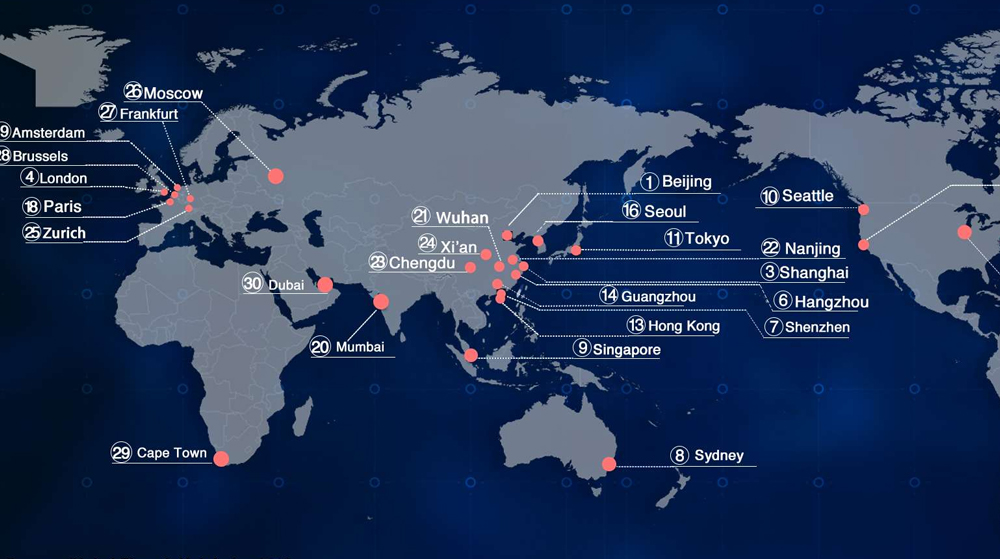
Macro-Economic Effects
This component of the study explores the broader macroeconomic implications of FinTech adoption within Qatar’s evolving financial landscape. It evaluates FinTech’s potential to drive economic growth, enhance financial efficiency, stimulate investment, and contribute to job creation—while also assessing systemic risks associated with rapid digitization.
The research employs econometric models and comparative data analysis to investigate correlations between FinTech integration and key macroeconomic indicators. The data sources include national financial statistics, international benchmarks, and sector-specific inputs from regulatory institutions and market participants.
Key Findings:
-
FinTech adoption improves financial system efficiency by reducing operational costs and accelerating transaction processes, thus enhancing overall productivity.
-
It stimulates investment by expanding access to capital, particularly for SMEs and entrepreneurial ventures.
-
It creates new employment opportunities in sectors such as digital finance, software development, compliance, and cybersecurity.
-
However, the impact on financial stability is contingent on regulatory readiness—unregulated growth may pose systemic risks.
-
Uneven FinTech penetration across sectors could exacerbate disparities in economic benefit distribution.
Policy Recommendations:
-
Integrate FinTech into national economic strategies as a catalyst for inclusive and sustainable growth.
-
Establish national KPIs to monitor FinTech’s impact on GDP, investment, and financial stability.
-
Strengthen public-private partnerships to accelerate digital financial innovation.
-
Design smart regulatory frameworks that balance innovation with systemic risk mitigation.
This deliverable anchors the project’s economic vision by connecting digital financial transformation to Qatar’s long-term development agenda.






